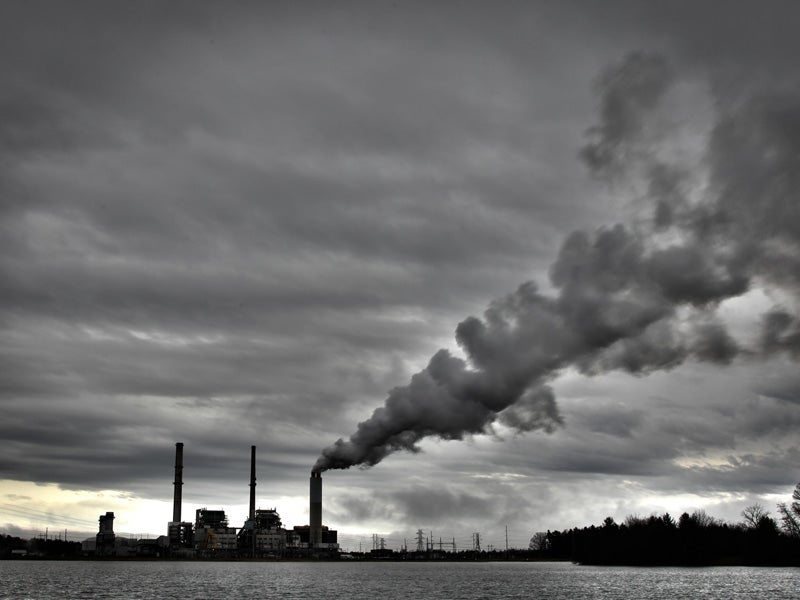Politics as Dirty as Coal Ash: House Bill Lets Polluters Off the Hook
The House of Representatives is voting on HR 1734, Rep. David McKinley’s (R- WV) sixth attempt at a coal ash bill that protects his largest campaign contributors while weakening critical health protections.

This page was published 9 years ago. Find the latest on Earthjustice’s work.
On Wednesday, the House of Representatives will vote on HR 1734, Rep. David McKinley’s (R- WV) sixth attempt at a coal ash bill that protects his largest campaign contributors. This year’s bill weakens, delays or removes critical health protections recently established by the EPA to keep communities safe from toxic coal ash. Big utilities and coal companies want the new rule gutted, and McKinley and the House majority are eager to oblige.
We need this rule. Just watch this video that explains coal ash and shows the disastrous consequences of not having coal ash protections in place.
Despite devastating, toxic spills in Tennessee and North Carolina, the House majority is dead set on delaying the implementation of the EPA rule. And despite headlines broadcasting the poisoning of drinking water, the bill provides relief to utilities responsible for the contamination—not to the public harmed by the deadly chemicals in their water.
Last December, the EPA, after decades of deliberation and declarations of support from half a million citizens, finally established regulatory safeguards for the disposal of toxic coal ash. Though the final rule is weak and full of compromises for the utility industry, it provides some relief for communities near the more than 1,000 leaking coal ash dumps in the U.S.
When the rule goes into effect this fall, contaminated groundwater will be identified and dangerous dumps closed. Coal ash’s witch’s brew of carcinogens, neurotoxins and other deadly chemicals, including arsenic, lead, chromium and thallium, will finally be subjected to reasonable disposal standards nationwide.
The new EPA rule takes steps to fix a huge public health threat caused by the second largest industrial waste stream in the nation. Decades of unregulated dumping has caused water contamination at more than 200 sites; catastrophic ash spills that cost billions to remediate and cause irreparable damage; and a legacy of hundreds of aging “high-hazard” and “significant-hazard” ash lagoons that threaten human life, the environment and the economic lifelines of nearby communities should they fail.
Yet none of this matters to Rep. McKinley and the supporters of HR 1734. His bill guts the rule and rolls back critical public health safeguards.
The bill:
- eliminates the EPA’s ban on dumping toxic coal ash directly into drinking water aquifers
- eliminates the requirement for utilities to immediately clean up toxic releases and notify the public
- eliminates the guarantee of public access to information about water contamination and assessments of dangerous coal ash dams
- delays new health and safety protections—potentially for 10 years
- weakens the EPA mandate to close inactive ponds like the Dan River impoundment that burst last year by extending the closure deadline and allowing legacy ponds to operate without safeguards for at least six years
- delays the closure of leaking, unlined ponds that contaminate water above health standards, allowing polluters to continue to dump into leaking ponds for an additional 8.5 years
- eliminates the national standard for drinking water protection and cleanup of contaminated sites
- prevents the EPA from ever regulating coal ash again, even in the face of new threats to health and the environment
Before representatives weight in on this dirty bill, let’s make sure their votes are clean. They have a choice to either support polluters’ pocketbooks or to protect public health. Call your U.S. Representative today or take action to urge him or her to oppose a bill that guts the new, vital federal coal ash rule.
Earthjustice’s Clean Energy Program uses the power of the law and the strength of partnership to accelerate the transition to 100% clean energy.